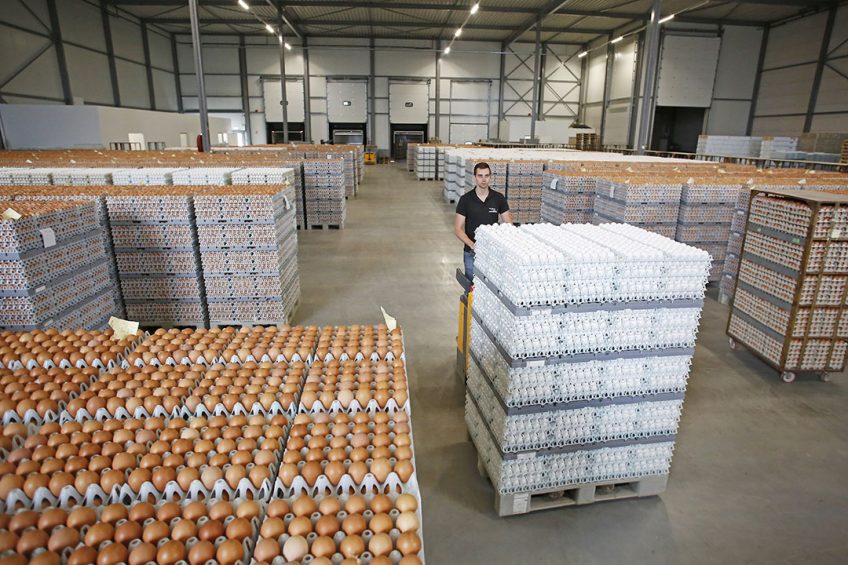Corona lockdown UK schools poses problems for UK egg sector

Moves by the UK Government to suddenly shut schools due to the rapid spread of the new Covid-19 variant are causing problems to egg producers.
The move to shut schools just days before pupils were due to go back for the Easter term is leaving producers with huge numbers of spare eggs. Ben Jackson, who has 13,000 hens on the edge of the New Forest and Cranborne Chase at Fluffetts Farm, Fordinbridge, Hants, has been supplying free-range eggs to 350 schools in the county, but orders stopped when the schools closed. The cancellation of his school orders left him with about 4,000 spare eggs a day and with restaurants and pubs also closed, finding a home for the eggs is tricky. “If you can’t sell the eggs, you can’t still keep feeding the chickens, and therefore, something has to give.”
Small-scale producers
Mr Jackson said a major part of the problem facing small-scale free-range producers was that medium-sized eggs traditionally go into the hospitality and catering trade – school meals such as those provided by Hampshire County Council were a case in point. “With the latest round of restrictions, we need consumers to support local independent shops and buy medium eggs in preference to the more popular large grade. Often there is only a few grams difference in weight between medium and large eggs and recipes can easily be adjusted for this.
“Our network of retailers are doing their part in stocking more medium so please consider a change in purchasing habits to do your part in balancing the egg supply and making sure great nutritious healthy food doesn’t go to waste,” he added.
 Covid-19: Impact on the global poultry sector
Covid-19: Impact on the global poultry sector
The coronavirus has had a huge impact on daily life from the man on the street to businesses. And the poultry sector, even more essential than ever, has not gone unscathed. Keep up-to-date.
Campaigning to stock medium-sized eggs
The free-range sector has been campaigning to get more retailers to stock medium-sized eggs. Towards the end of last year, UK supermarket chain Morrisons announced an extension of its “For Farmers” range into eggs. Sales of “Chuckle Eggs” will see an extra 1p per egg going back to farmers. The brand will be sold as a box of 12 medium-sized eggs. Thomas Wornham, NFU poultry board chairman, said that for too long, retailers and consumers had gone for large eggs, leading to an unbalance in demand compared to the spectrum of egg sizes that a laying hen produces during a flock cycle. “We welcome Morrisons’ move to highlight to the public the importance of buying medium eggs, which will also benefit hen welfare and reduce pressure on the market for large eggs, while rewarding farmers for the hard work they put in by directly paying them an increased price.”












